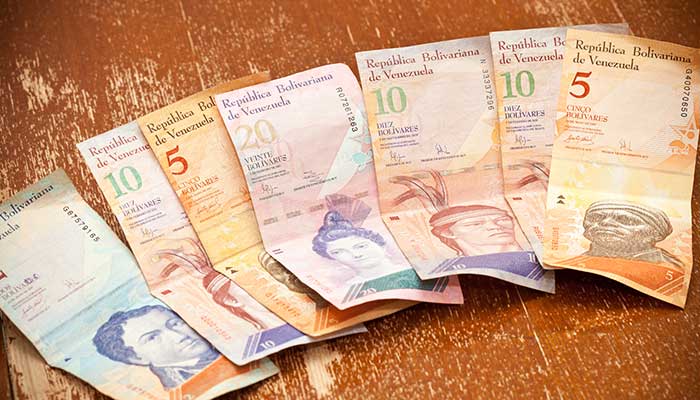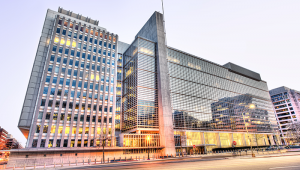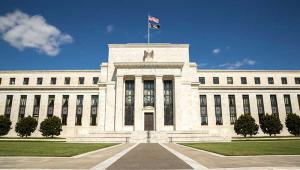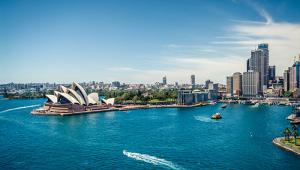The country’s socialist president Nicolas Maduro announced the move in a regular TV and radio programme on Sunday, marking the fifth increase in pay in just over a year.
He said the measure would protect employment and workers’ income amid an “economic war” he argues is being waged against Venezuela by those opposing its socialist policies, sabotaging the country’s economy.
But critics attribute Venezuela’s economic strife to 17 years of failed socialist policies and mismanagement, and believe the latest wage increase will only make things worse.
While the government has not produced any official figures for inflation, the International Monetary Fund predicts it will top 1,640% in 2017.
The country is suffering severe shortages in basic goods including food and medicine. Those that are able to buy produce regularly have to do so with bags full of cash as the value of the bolivar spirals.
Late last year the government announced it would introduce a host of new banknotes, with the highest denomination worth 200 times its predecessor, to ease transactions in the rapidly inflating economy.
The pay increase will see the monthly minimum wage set at 40,000 bolivars: around $60 according to the official exchange rate or $12 on the black market.
Maduro’s critics say the latest move to increase pay shows that the government has been unable to get a handle on the problem.
Carlos Garcia, mayor of the Venezuelan capital Mérida, was reportedly one of the first to speak out against the announcement, decrying it as “irresponsible”.
He said the municipality does not have the resources to cover the increase, and in the end it will lead to unemployment, further inflation and an eventually a further reduction in the purchasing power of Venezuelans.
According to the BBC, Venezuela’s main business association said it had not been consulted on the move and that it could result in layoffs and small business closures.














